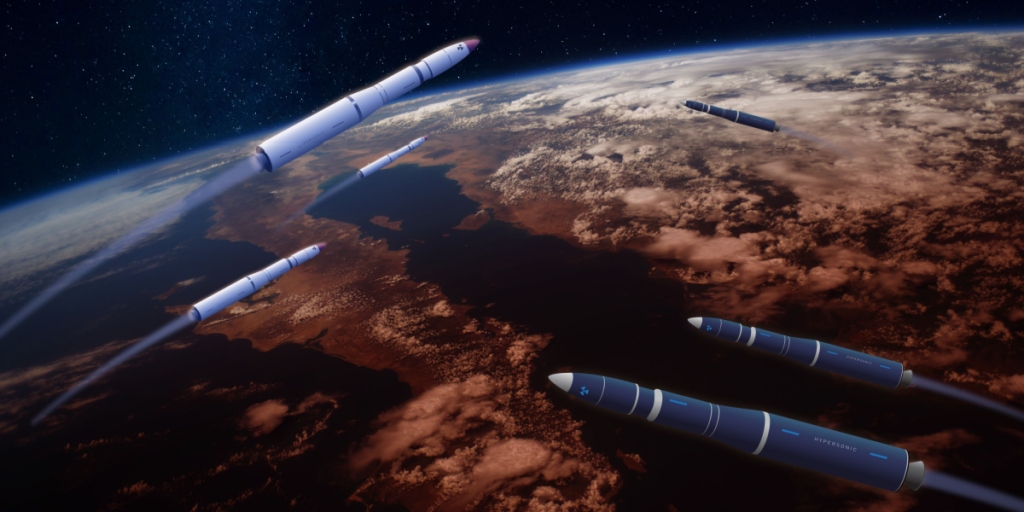The current tensions revive memories of the 1960s, when the Cold War arms race threatened to spill into outer space.
Others are reading now
The current tensions revive memories of the 1960s, when the Cold War arms race threatened to spill into outer space.
Russia accused of chasing NATO satellites
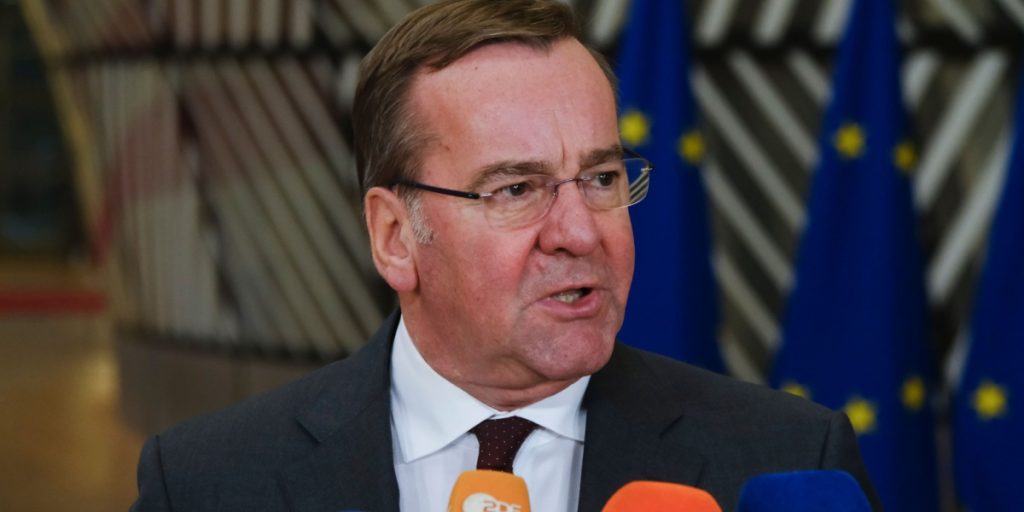
Germany’s defense minister Boris Pistorius has sounded the alarm over Russia’s growing activity in space.
He said two Russian surveillance satellites have been “pursuing” satellites used by German armed forces, sparking concerns among NATO allies about the possibility of hostile action in orbit.
Concerns shared in Berlin conference
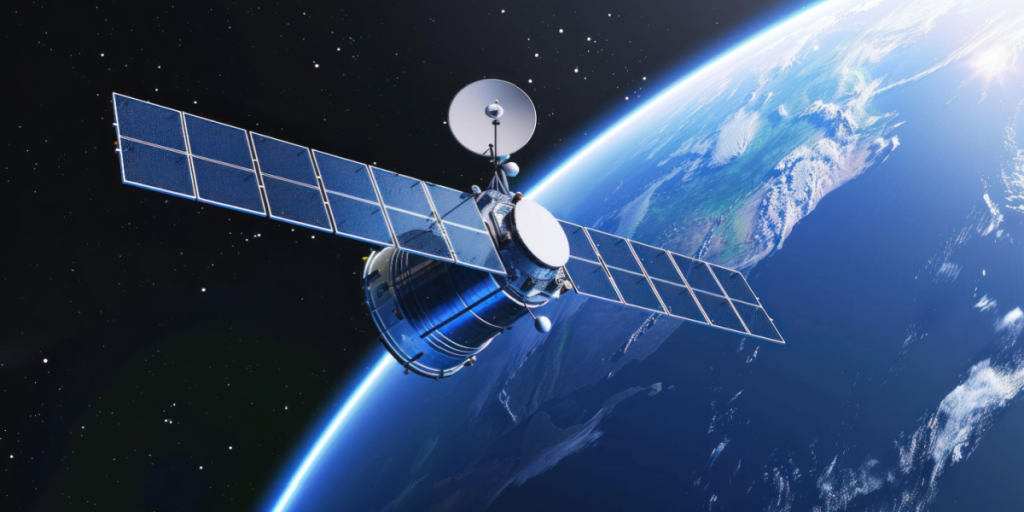
Speaking at a security conference in Berlin, Pistorius warned that Russia and China are rapidly expanding their ability to wage war in space.
He stressed that Moscow’s satellites appear to be shadowing Intelsat systems, which are relied upon by German forces and their partners for communication and coordination.
Also read
Call for deterrence in space
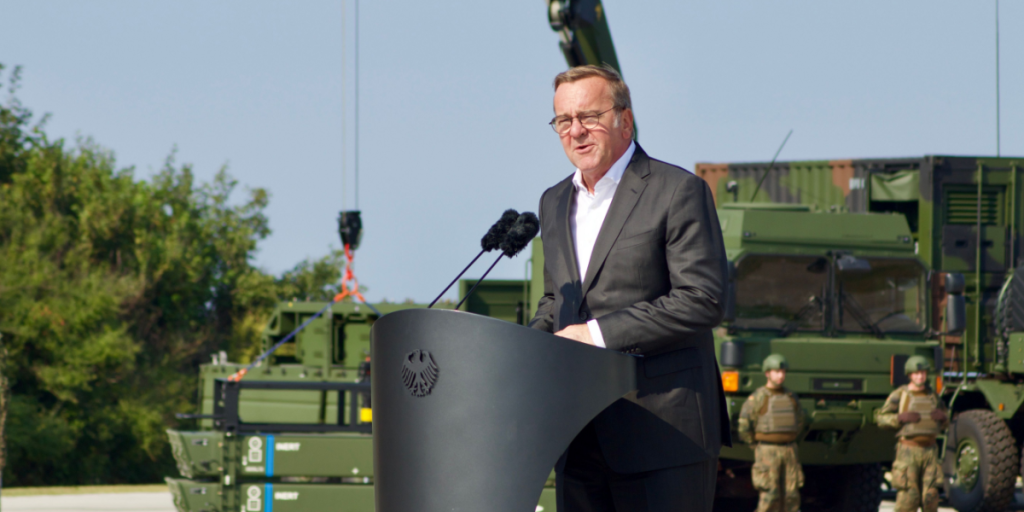
Pistorius said the time had come to start talks on how to develop a credible deterrent in space.
He described Russia’s maneuvers as a dangerous new frontier in the ongoing conflict between Moscow and the West, urging NATO countries to treat space security with the same seriousness as land, air, and sea defense.
China and Russia racing to catch up
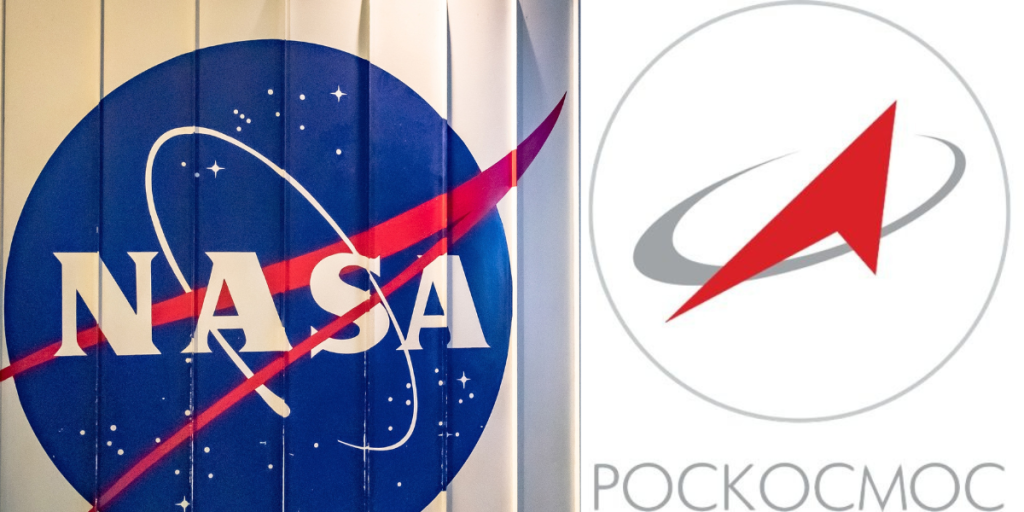
The United States has long dominated both civilian and military space technology, even creating the Space Force in 2019.
But Russia and China have been trying to close the gap.
As early as 2013, China tested a missile capable of reaching satellites in high orbits, raising concerns that America’s most sensitive assets could be targeted.
Also read
Echoes of the Cold War
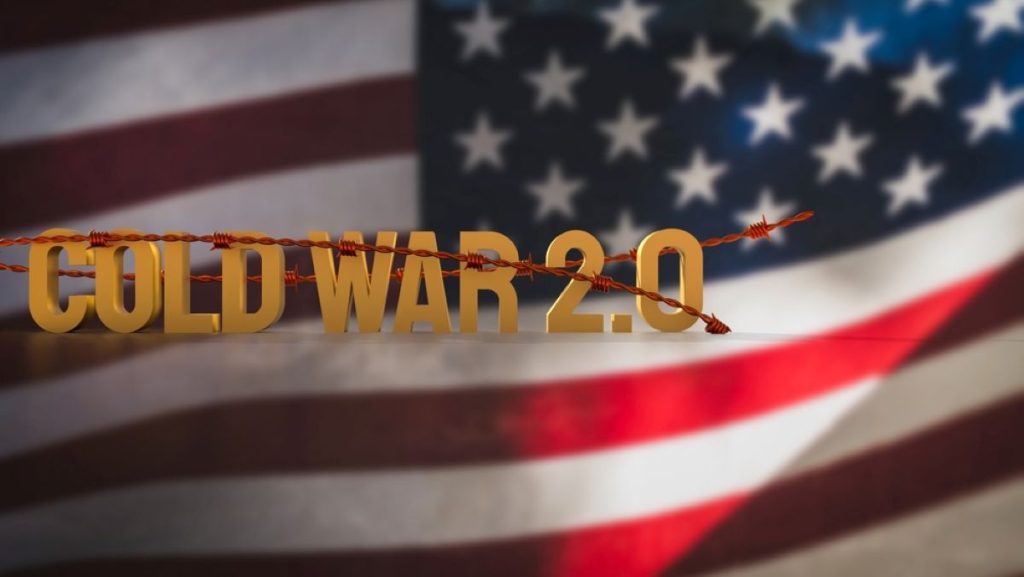
The current tensions revive memories of the 1960s, when the Cold War arms race threatened to spill into outer space.
A treaty signed in 1967 declared the moon and planets free for all humankind to use for peaceful purposes.
But history shows how fragile such agreements can be, especially when powerful nations seek military advantage.
Russia blocks UN resolution
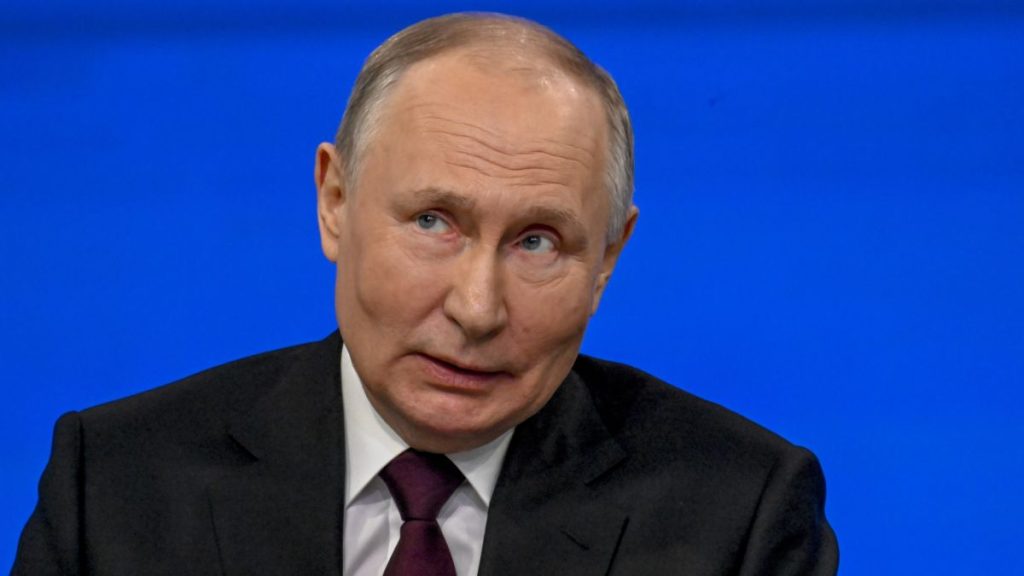
Recent debates at the United Nations have highlighted the risks. In 2024, the US and Japan proposed a draft resolution to reaffirm the ban on nuclear weapons in space.
Russia vetoed the effort, while suggesting its own amendment that would ban all weapons in orbit, not just weapons of mass destruction.
Also read
The divide left the treaty under heavy strain.
NATO sees nuclear threat in orbit
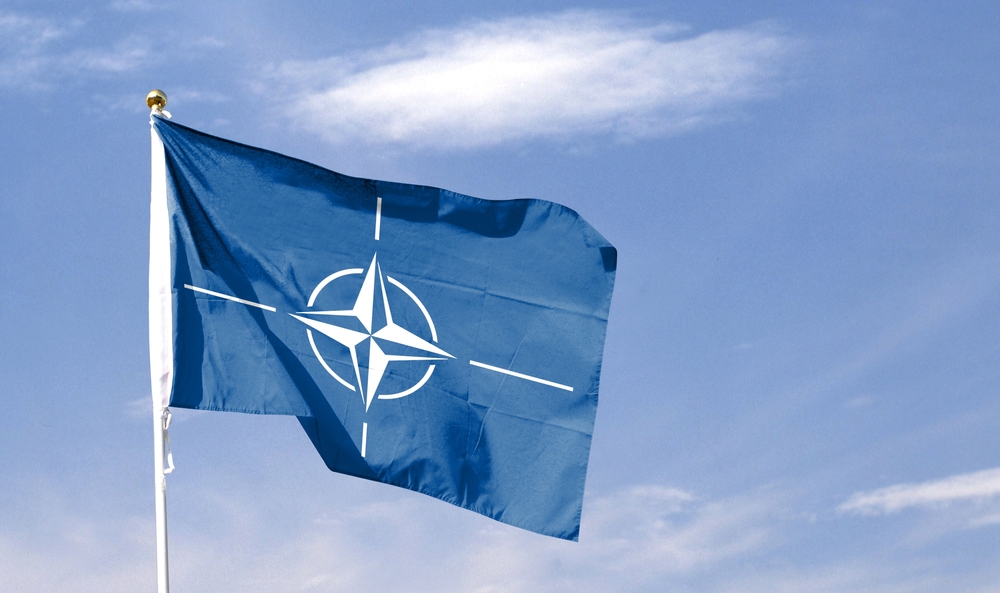
Western allies fear that Moscow is working on ways to disable satellites, possibly with nuclear capabilities.
Such an attack could cripple GPS navigation and military communications, systems vital to both NATO and China.
These fears have grown after repeated reports of Russian satellites maneuvering dangerously close to Western spacecraft.
Trump pushes “Golden Dome” project
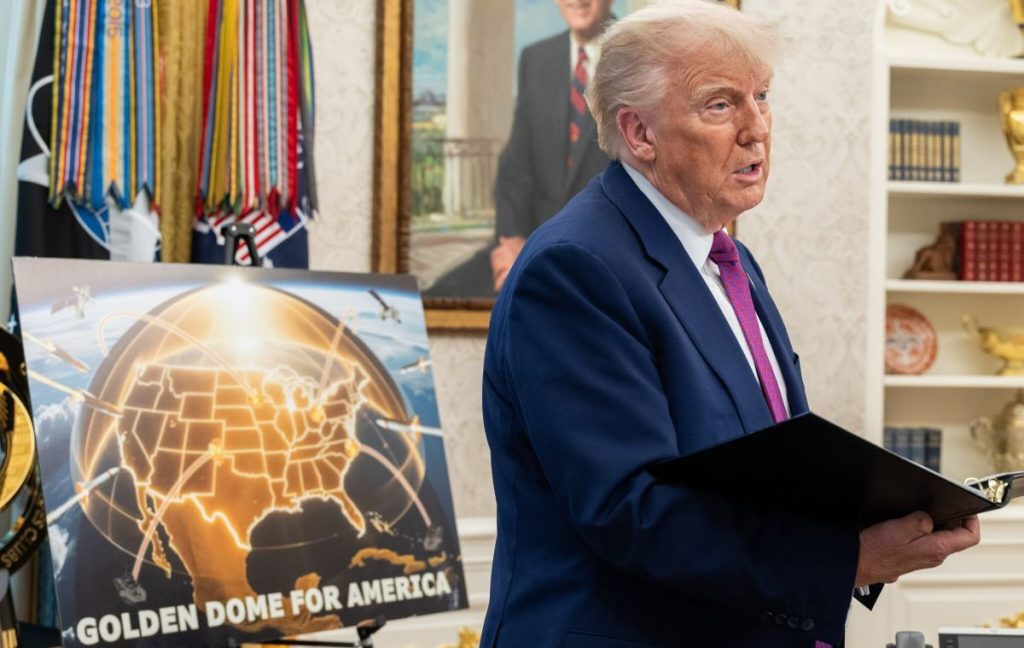
Back in Washington, President Donald Trump has doubled down on the US response.
Also read
Returning to the White House, he declared America “far and away” the leader in space.
Alongside Defense Secretary Pete Hegseth, he announced the “Golden Dome” project, a plan reminiscent of Ronald Reagan’s “Star Wars” system to protect satellites and intercept enemy missiles.
US defense chiefs call space the key battleground
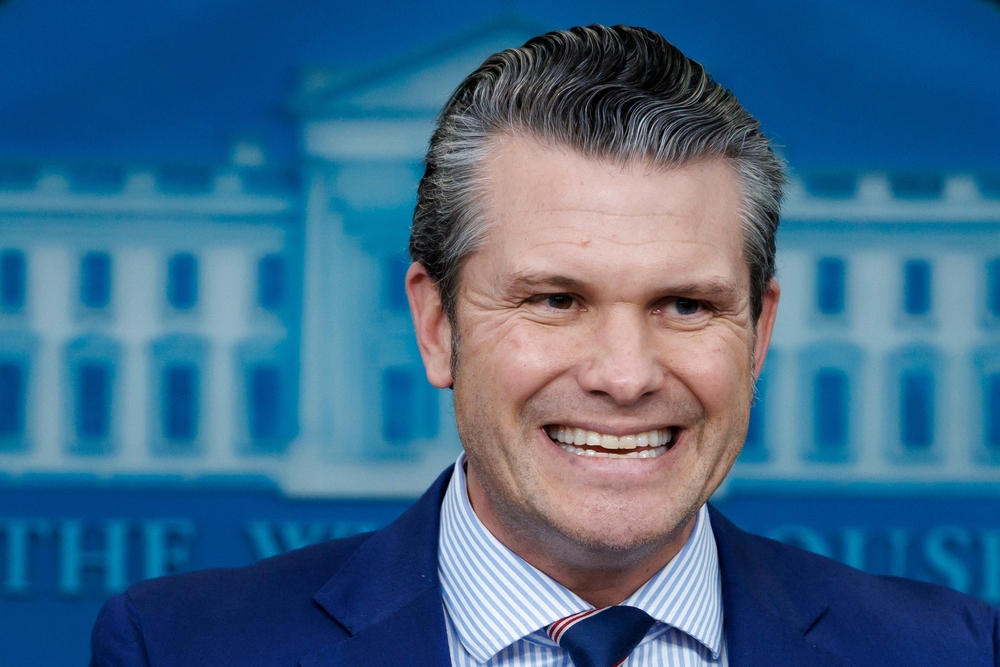
Pete Hegseth has described space warfare as “the most important domain” for the United States.
He and Trump argue that space is now central to the defense of America and its allies, and that new investments are essential to counter the threats posed by Russia and China’s advances.

